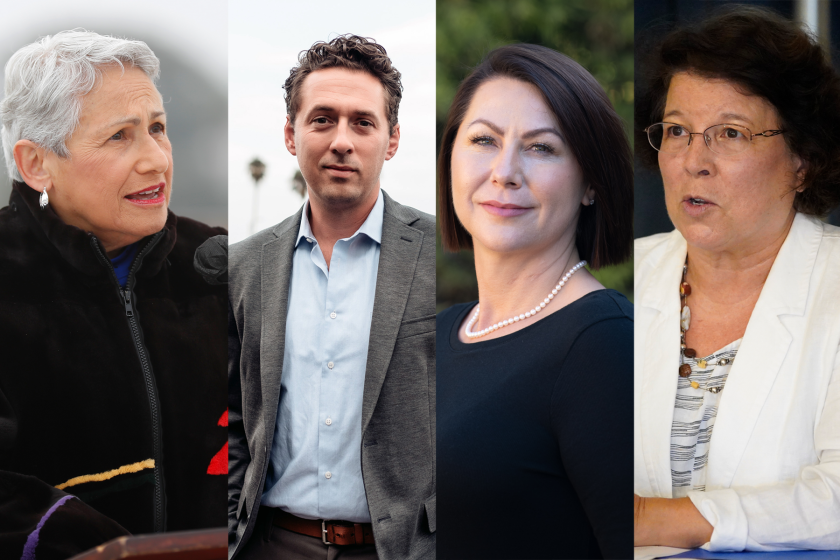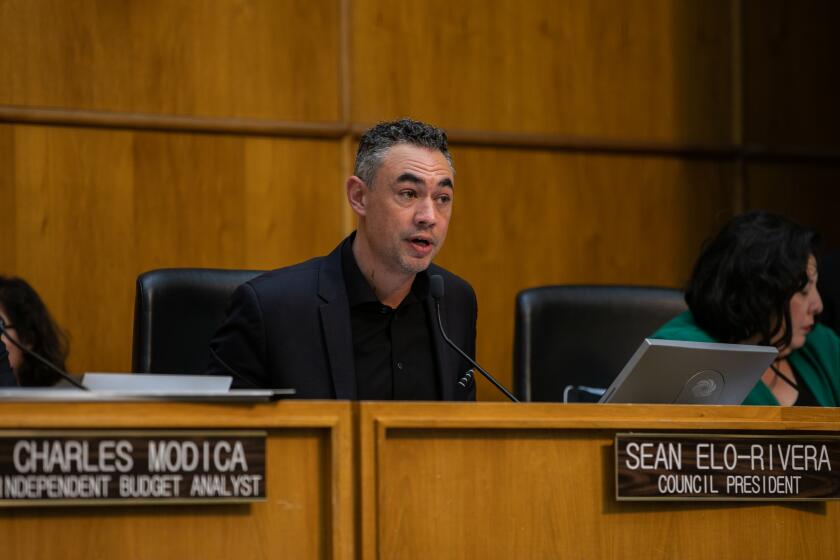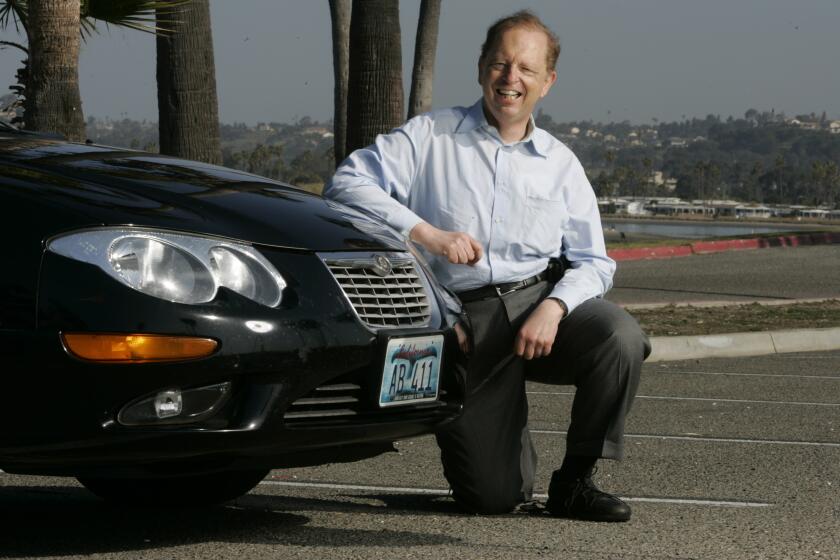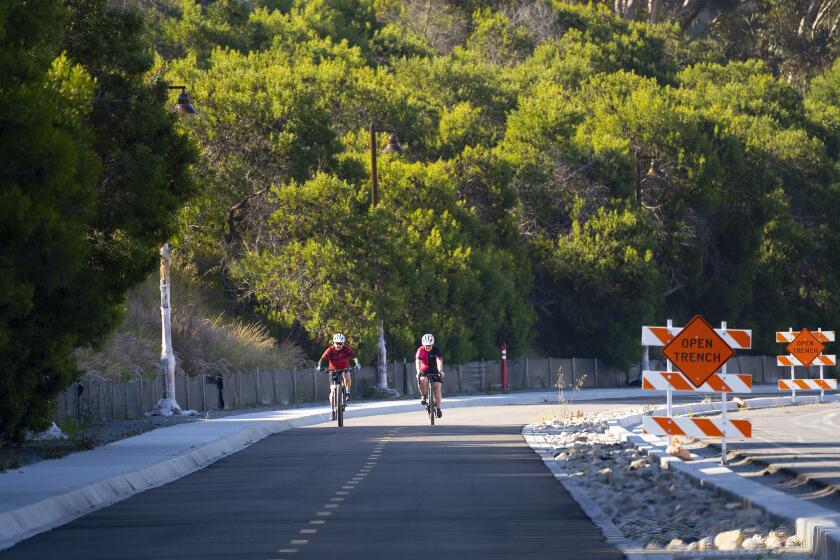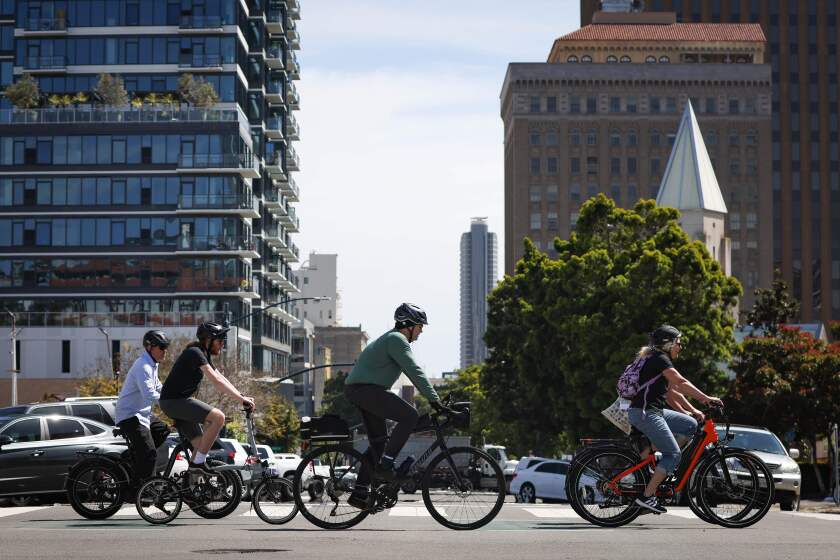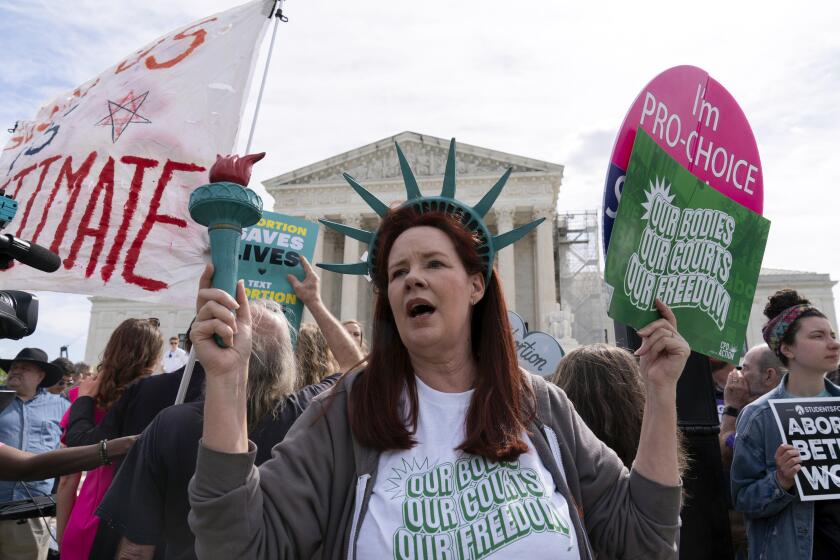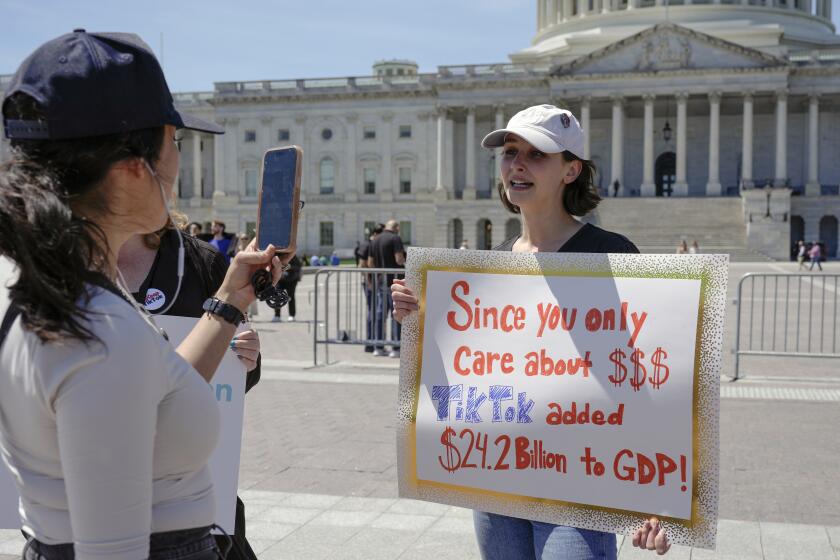San Diego council candidates debate vacation rentals, climate change, development

Highly competitive District 2 race also focused on ADUs, policing, incumbent’s responsiveness.
Five candidates battling for San Diego City Council debated vacation rentals, climate change and rules for coastal development during a spirited public forum this week in Point Loma.
The candidates also argued over police budgeting, accessory dwelling units and incumbent Councilmember Dr. Jennifer Campbell’s responsiveness to neighborhood concerns during the last four years.
Campbell, a Democrat, is being challenged for re-election by Republican dentist Linda Lukacs and three Democrats: former state Assemblymember Lori Saldana, former city administrator Joel Day and neighborhood leader Mandy Havlik
Race for District 2 seat focused on growth policies, transparency, leadership styles.
The top two finishers in the June 7 primary will advance to a November runoff to represent Council District 2, which includes Point Loma, Ocean Beach, Mission Beach, Old Town and Clairemont.
Campbell’s opponents attacked compromise vacation rental legislation she has touted as a major success during her first term. Campbell contends she helped solve a 15-year-old problem that no one else had dared to truly tackle.
“This law brings back quality of life with enforcement,” Campbell said of the new law, which is expected to take effect this fall. “It will also put a cap on them so that San Diegans who live and work here will have places to buy and live in.”
Havlik criticized the cap, which essentially limits to 1 percent the number of units citywide that can legally become vacation rentals.
“I’d like to see the 1 percent equally distributed amongst all the nine (City Council) districts,” said Havlik, contending the noise and disruption from the rentals shouldn’t only be in beach communities and other popular areas.
Day would go even further, imposing a 1 percent cap in every one of the city’s four dozen planning areas, which are generally equivalent to individual city neighborhoods. He also criticized Campbell for working with lobbyists.
“I would not have done what AirBnB wanted me to do,” he said.
Saldana essentially wants vacation rentals to be completely illegal in residential areas.
“These mini-hotels don’t belong in our neighborhoods, they belong in commercial areas,” she said.
Lukacs said the solution is less about city laws and more about adequate enforcement.
“I don’t have a problem with short-term vacation rentals per se,” Lukacs said. “But what I do have a problem with is the lack of any enforcement when you call to get action against those that are violating ordinances and being disrespectful to the neighborhood.”
On climate change, each of the candidates acknowledged the problem is important. But they offered widely varying solutions.
Havlik, who drives an electric car, said she would prioritize planting trees and significantly expanding the use of solar panels. She said San Diego’s location puts the city at the forefront of concerns about sea-level rise.
“We do need to plan for the effects of the environmental crisis,” she said.
Campbell and Saldana touted their records while in office.
Campbell helped lead city efforts to switch from San Diego Gas & Electric to government-run energy. She also took credit for city plans to maintain most of Fiesta Island’s open space.
Saldana co-authored crucial state legislation focused on reducing greenhouse gases. Saldana said she uses an electric bike, is a vegetarian and has been frequently using the trolley since it was extended to La Jolla in November.
Lukacs said she composts and has solar panels, but she drives a gas-powered car and never uses the trolley.
“I haven’t taken mass transit here because I can’t seem to get where I want to go with it,” Lukacs said.
Day said he would address climate change by lobbying Mayor Todd Gloria to hire a “resiliency officer.” Day said he drives a gas-powered car, contending too much emphasis is placed on individuals reducing their carbon footprints.
He said changing individual behavior “can actually distract us from systemic changes that need to be made,” contending “it probably doesn’t matter what kind of cars we drive.”
On coastal development, Campbell touted plans to redevelop the area around the sports arena with dense housing, while other candidates raised concerns about the infrastructure needed to support such housing.
“It will provide a new, beautiful neighborhood,” said Campbell, adding that she supports lifting the 30-foot height limit in the Midway area near the sports arena. “We all know how blighted that area is.”
Lukacs and Havlik said they oppose lifting the 30-foot height limit and the plan for dense housing near the sports arena, contending it is wrong to approve the housing before a comprehensive plan for better infrastructure is in place.
“It is premature to talk about this development until we have a sustainable, long-term fiscally responsible plan for the infrastructure,” Lukacs said.
Day said he supports lifting the height limit and the plan for housing, but he stressed that there must be a transit connection from Old Town and improvements to freeway interchanges.
“You need somebody (in this council seat) who’s going to be a bulldog to fight for traffic mitigation at the 8/5 interchange,” he said.
Saldana said her concerns run deeper.
“We have bigger problems than just looking at Midway,” she said. “We have a systemic problem with development and developers running the show. There is too much corruption in development deals at City Hall.”
On police budgeting, Day said he supports housing subsidies to encourage police officers to live within the city. Saldana said she would require veteran officers to serve on the most dangerous beats, instead of the current practice of giving them the least dangerous.
Campbell said officers need to be more accountable, Lukacs wants better officer training and Havlik wants to shift some calls away from police toward mental health teams.
On accessory dwelling units, which are sometimes called “granny flats,” Saldana said she is concerned the city significantly loosening rules for them will push more people into already dense areas.
Havlik and Lukacs said the city has gone too far too quickly on ADUs, noting that there are no requirements to provide parking spaces for new ADUs. Campbell said she supports ADUs as part of the city’s solution to the lack of housing supply.
Day wants to restrict who can live in an ADU to family members of the people living in the main house on a property. He also supports a vacancy tax, which would encourage property owners to more quickly develop housing projects.
Campbell, who has been harshly criticized by community leaders for ignoring constituent requests for information, was attacked again.
Havlik said Campbell “blatantly ignores” the community.
Campbell said her staff has a policy of answering all questions within 24 hours.
“We do the best we can,” she said.
Get Essential San Diego, weekday mornings
Get top headlines from the Union-Tribune in your inbox weekday mornings, including top news, local, sports, business, entertainment and opinion.
You may occasionally receive promotional content from the San Diego Union-Tribune.
